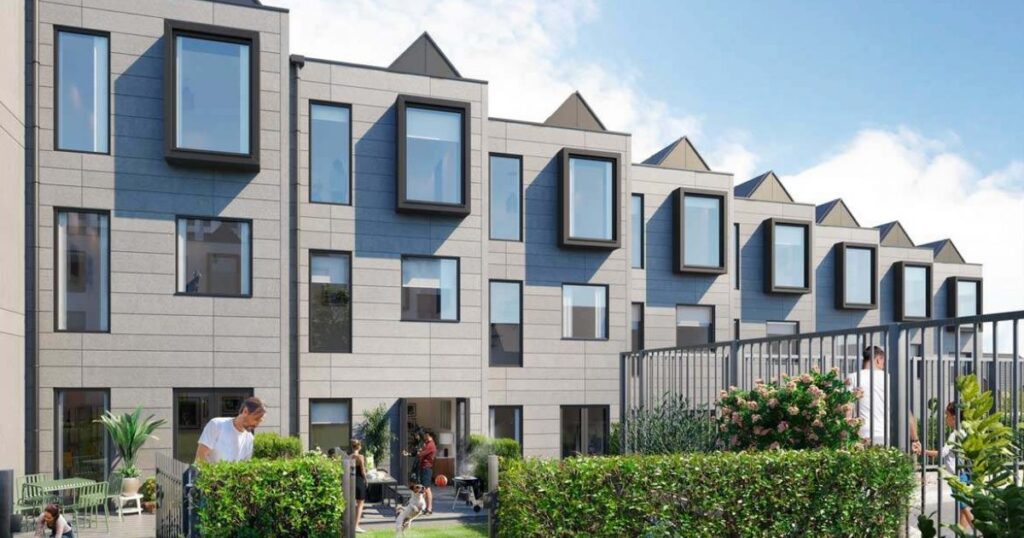
Net-zero Modular Homes: Future of Sustainable Living
As the world’s focus shifts towards sustainability, Net-zero modular homes are swiftly gaining attention. These homes are not just an emerging trend but a fundamental part of the future of housing. They combine the eco-friendliness of net-zero energy consumption with the efficiency and adaptability of modular construction methods. As concerns about climate change and carbon footprints rise, more people are considering how they can add their contribution to a more sustainable planet. The solutions lie in innovative housing options such as net-zero modular homes.

What Are Net-zero Modular Homes?
Net-zero modular homes are prefabricated structures designed to generate as much energy as they consume. This is achieved through advanced construction techniques, energy-efficient appliances, and renewable energy technologies. The modular design allows for fast, flexible, and cost-effective construction, making these homes a prime choice for the eco-conscious consumer.
Advantages of Net-zero Modular Homes
There are several notable advantages to adopting net-zero modular homes. Firstly, they significantly reduce carbon footprints by minimizing energy consumption and utilizing renewable energy sources. These homes are also cost-effective in the long run due to reduced utility bills and maintenance costs.
Moreover, adopting a modular approach means that the structures can be customized and expanded with ease, allowing homeowners to adjust their living spaces according to their financial and personal needs. For an in-depth look at the benefits of modular homes, you can visit this informative article by Architectural Digest.
Sustainable Construction Methods
The construction of net-zero modular homes involves sustainable practices that prioritize the environment. From selecting eco-friendly materials to reducing waste during the build process, these homes are a testament to a commitment to green construction. More insights on sustainable construction can be found on green construction.
Energy-efficient Technologies
Net-zero homes incorporate cutting-edge technologies such as solar panels, energy-efficient windows, and advanced insulation techniques. These technologies work together to ensure that the home maintains a balance between energy production and consumption, making them highly efficient.
The Role of Renewable Energy
Solar panels play a crucial role in net-zero modular homes, providing a clean and renewable source of energy. In some cases, wind and geothermal energy sources are also integrated to complement solar power.
Cost Implications
While the initial setup cost for net-zero modular homes may be higher compared to traditional homes, the long-term savings on energy bills and maintenance make them a financially wise investment. Learn more about the financial benefits.
The Future of Housing
As cities grow and resources become scarcer, the importance of sustainable and flexible housing solutions cannot be overstated. Net-zero modular homes offer a viable path forward, providing an energy-efficient, eco-friendly alternative to conventional housing.
A Global Phenomenon
This innovative approach to housing is gaining popularity globally and is expected to play a significant role in addressing housing shortages and environmental challenges.

FAQs
How do net-zero modular homes work?
They work by generating as much energy as they consume through renewable sources and energy-efficient design.
Are net-zero modular homes costly to maintain?
No, they typically require less maintenance compared to traditional homes and save on utility costs.
Can net-zero homes withstand extreme weather conditions?
Yes, they are designed with high-quality materials and construction techniques to withstand various weather conditions.
This article contains affiliate links. We may earn a commission at no extra cost to you.